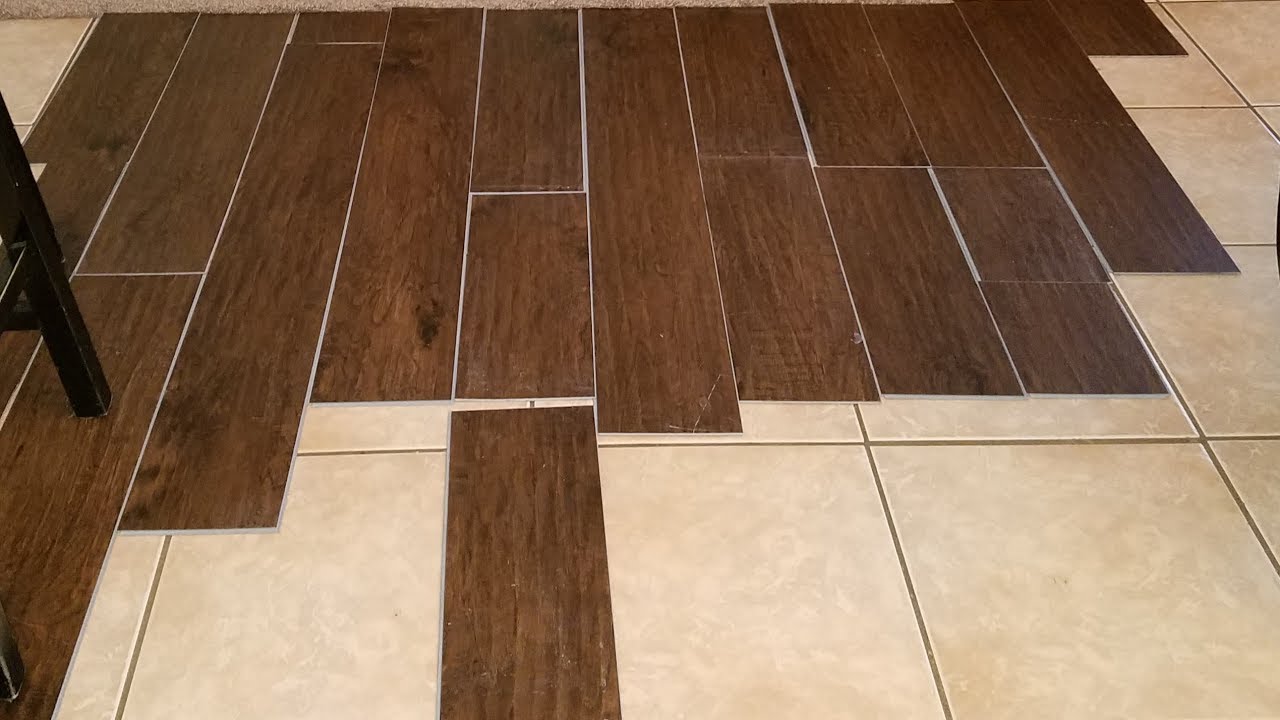Choosing between vinyl plank flooring and laminate for your basement can significantly impact the space’s functionality and aesthetic appeal. Vinyl plank flooring is known for its superior water resistance, making it an excellent choice for basements prone to moisture. The waterproof properties of vinyl ensure that it can withstand spills, leaks, and humidity without warping or damage. This durability makes vinyl plank flooring a reliable option for maintaining a clean and dry basement environment, enhancing the longevity of your flooring.
Laminate flooring, on the other hand, offers a cost-effective and stylish alternative to vinyl. While it is generally more affordable, laminate provides a wide range of design options, including realistic wood and stone finishes. However, it is essential to note that traditional laminate is not entirely waterproof and can be susceptible to damage from excessive moisture. For basements with minimal moisture concerns, laminate can provide a beautiful and budget-friendly flooring solution that mimics the appearance of natural materials.
One of the key advantages of vinyl plank flooring is its ease of installation. Many vinyl planks feature a click-lock system, allowing for straightforward DIY installation without the need for nails or glue. This floating floor method makes it an ideal choice for homeowners looking to save on installation costs. Laminate flooring also offers a similar click-lock system, but it may require a moisture barrier underlayment in basements to protect against potential water damage. Both options are user-friendly, but vinyl’s inherent water resistance gives it an edge in basement applications.
When it comes to maintenance, vinyl plank flooring is relatively low-maintenance. Its waterproof nature means that spills can be easily wiped away, and regular sweeping or mopping keeps it looking pristine. Laminate flooring requires more careful maintenance to avoid moisture damage, including promptly cleaning up spills and using damp rather than wet mops. While both flooring types are durable, vinyl’s resilience to water makes it a more practical choice for homeowners seeking a worry-free basement flooring option.
Ultimately, the decision between vinyl plank flooring and laminate for your basement depends on your specific needs and preferences. Vinyl plank flooring excels in moisture resistance and durability, making it ideal for basements prone to dampness. Laminate, with its cost-effectiveness and variety of design options, can be a great choice for drier basements. By considering factors such as water resistance, installation ease, maintenance, and budget, you can choose the flooring that best suits your basement’s requirements and enhances its overall appeal.
Basement Vinyl Flooring Suggestions (narrow down 4) ? DIY Home Improvement Forum
Vinyl Flooring For Basement / Lvt Vs Carpet What S Better For A Basement / Waterproof vinyl
Wooden Vinyl Click PVC Flooring for Family. Pvc flooring, Vinyl plank flooring, Wood tile floors
Vinyl Flooring for Basements
Glue Down vs. Floating Luxury Vinyl Flooring Floating vinyl flooring, Floating, Vinyl flooring
Best Underpad For Basement Laminate – The Best Picture Basement 2020
Related Posts:






:max_bytes(150000):strip_icc()/vinyl-basement-flooring-1314732-FINAL-5bb522b3c9e77c00264fabec.png)

